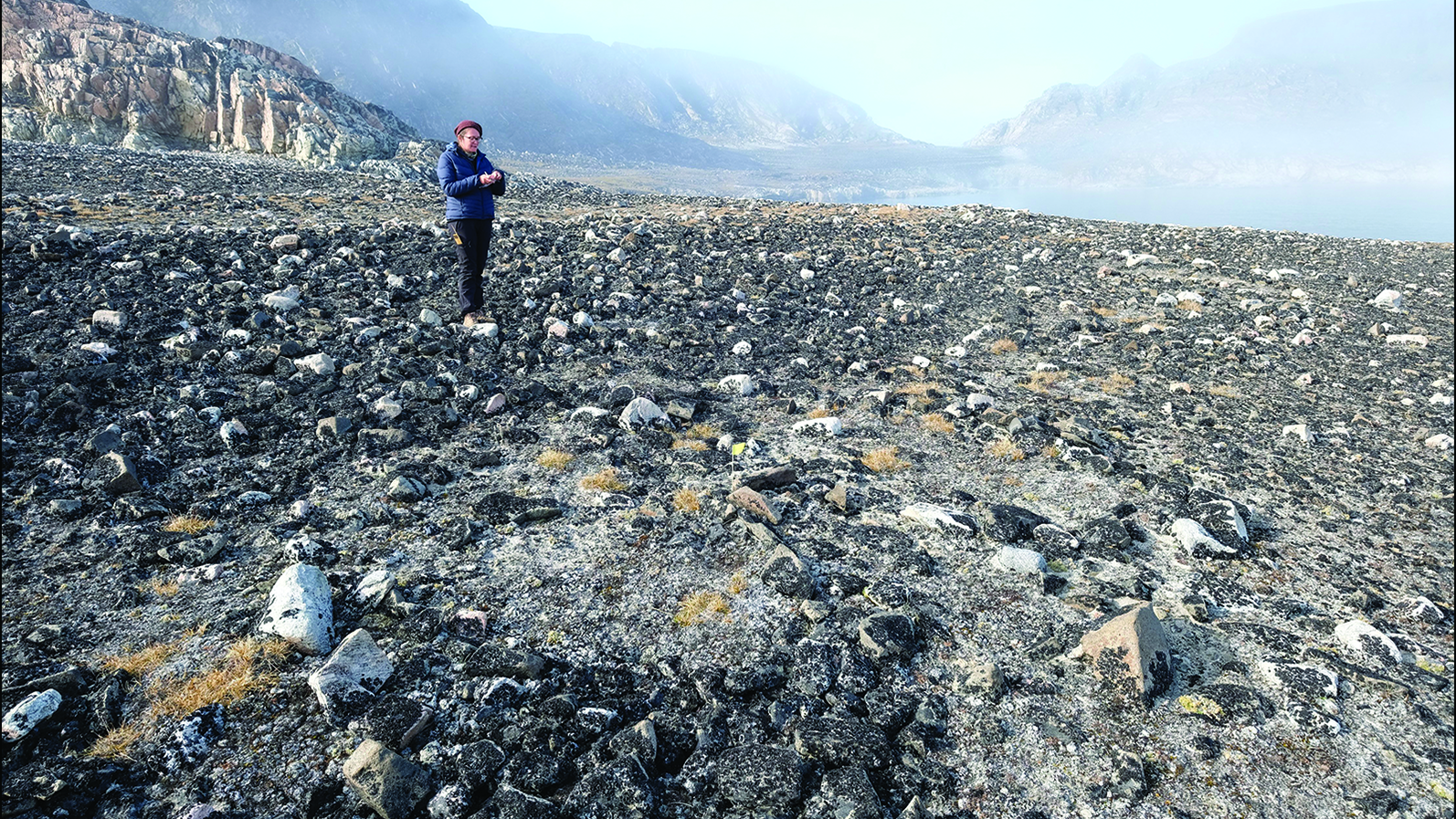Get the world’s most fascinating discoveries delivered straight to your inbox.
You are now subscribed
Your newsletter sign-up was successful
Want to add more newsletters?

Delivered Daily
Daily Newsletter
Sign up for the latest discoveries, groundbreaking research and fascinating breakthroughs that impact you and the wider world direct to your inbox.

Once a week
Life's Little Mysteries
Feed your curiosity with an exclusive mystery every week, solved with science and delivered direct to your inbox before it's seen anywhere else.

Once a week
How It Works
Sign up to our free science & technology newsletter for your weekly fix of fascinating articles, quick quizzes, amazing images, and more

Delivered daily
Space.com Newsletter
Breaking space news, the latest updates on rocket launches, skywatching events and more!

Once a month
Watch This Space
Sign up to our monthly entertainment newsletter to keep up with all our coverage of the latest sci-fi and space movies, tv shows, games and books.

Once a week
Night Sky This Week
Discover this week's must-see night sky events, moon phases, and stunning astrophotos. Sign up for our skywatching newsletter and explore the universe with us!
Join the club
Get full access to premium articles, exclusive features and a growing list of member rewards.
Bright red fish
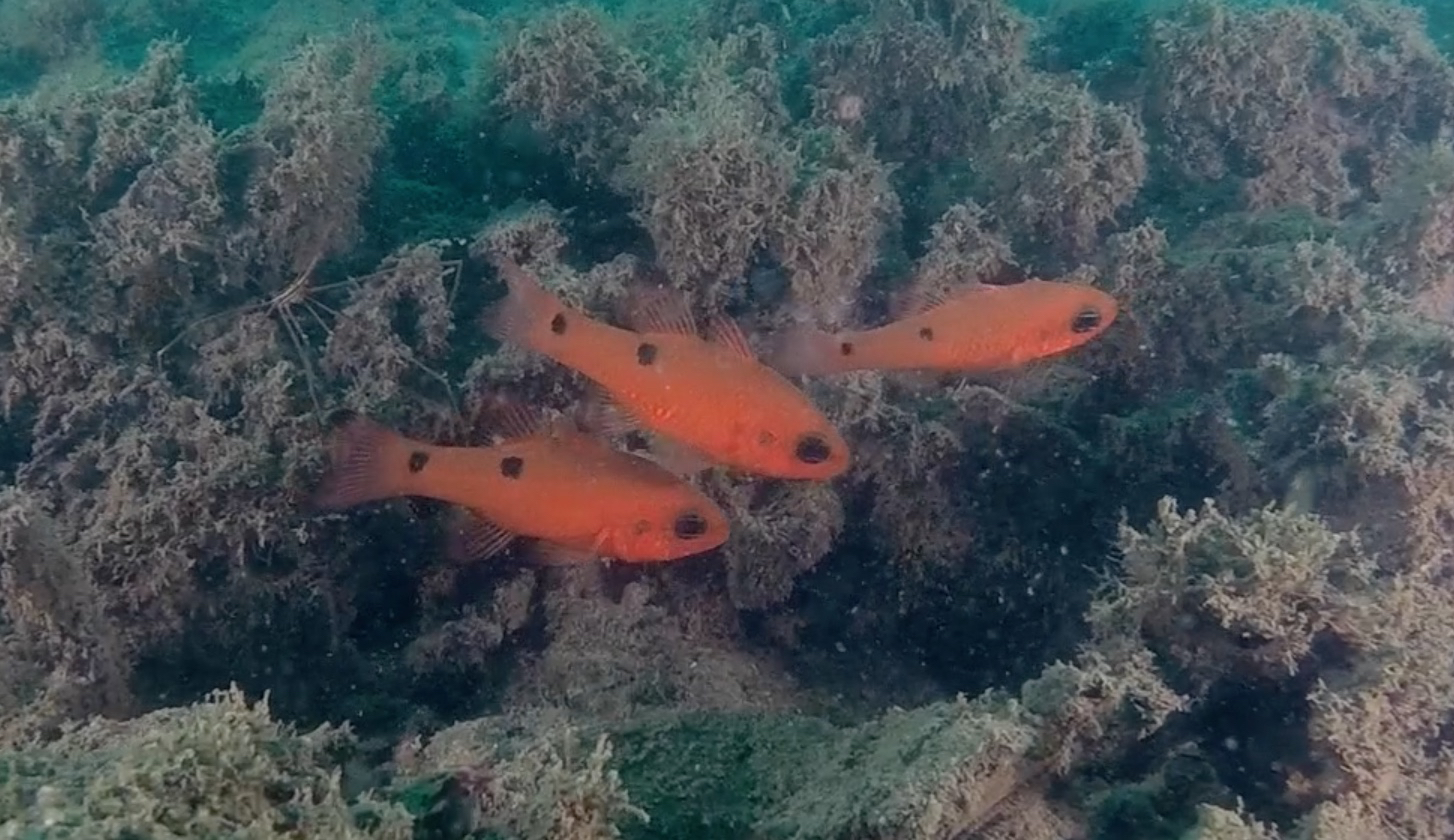
Three flame cardinal fish hover close to the reef. Usually nocturnal, the fish are often seen in caves and dark places. They inhabit the nooks and crannies of the forest.
Sea life abounds
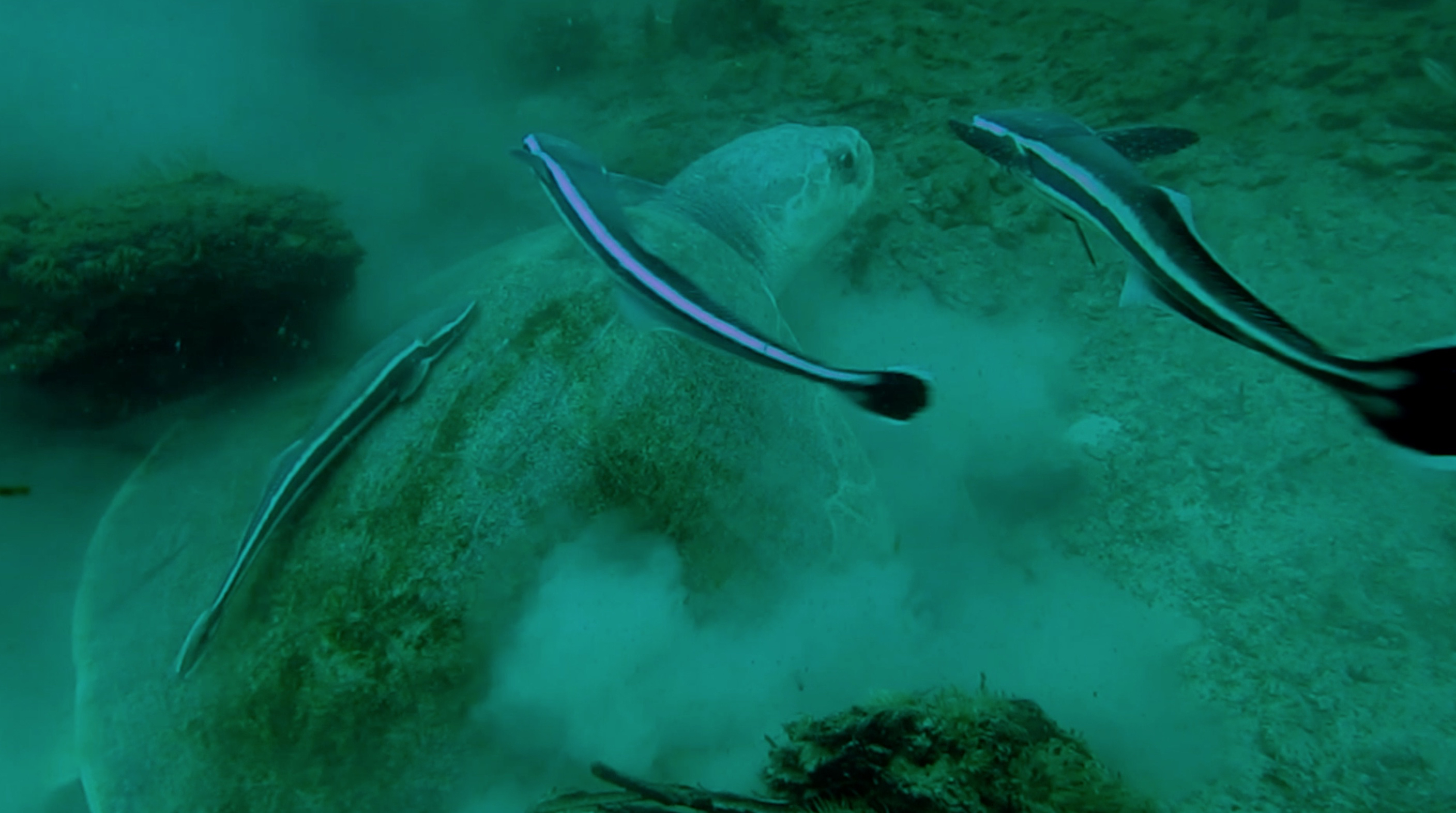
An endangered Kemp's Ridley turtle makes a living rummaging for food in the Underwater Forest. Remoras, or suckerfish, hitch a ride by sticking to the turtles back with a suction pad on the top of their heads.
World of life
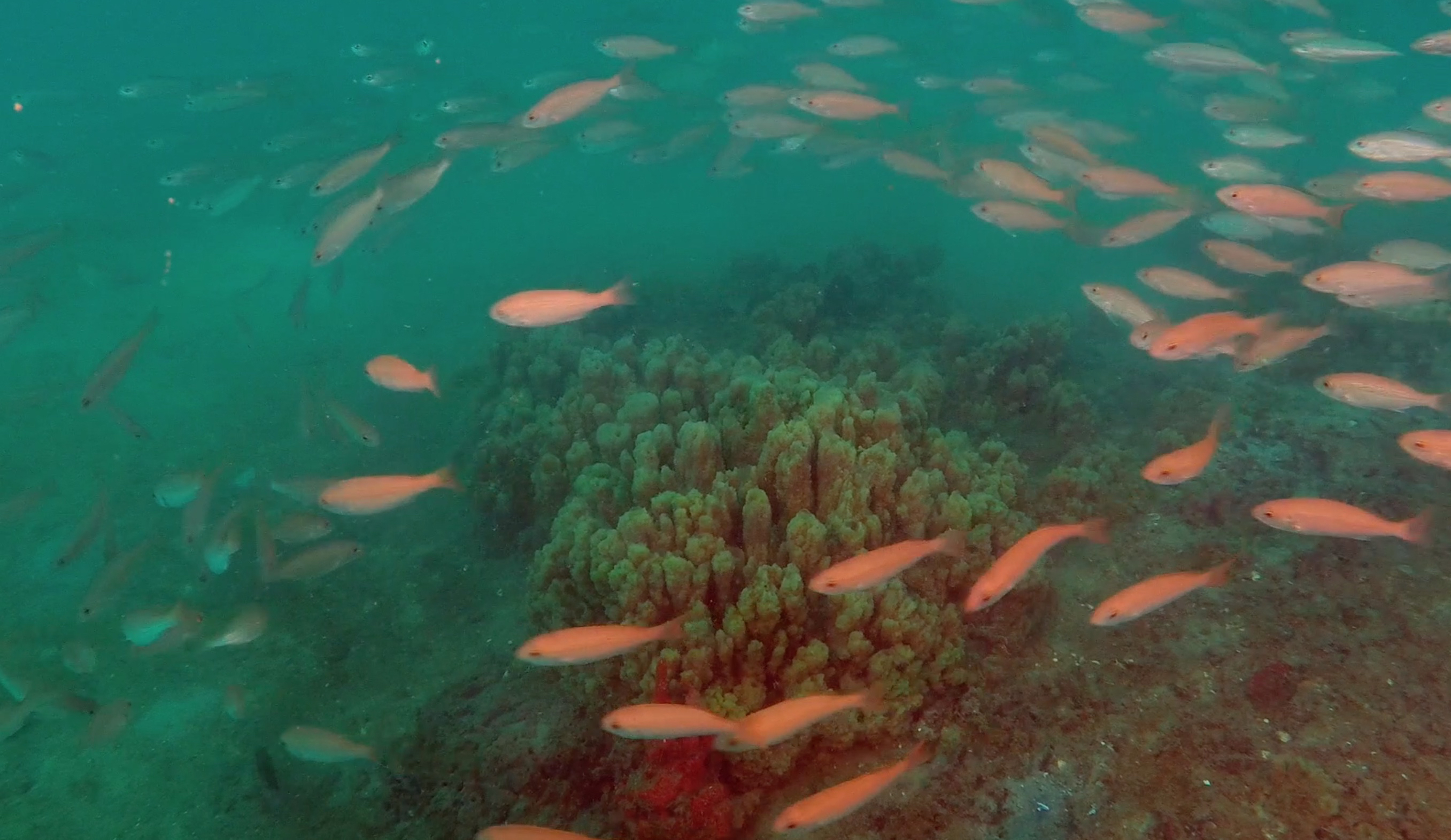
A large school of vermillion snapper swarm over a stump that has been colonized by sponges in the Underwater Forest.
Exploring the forest
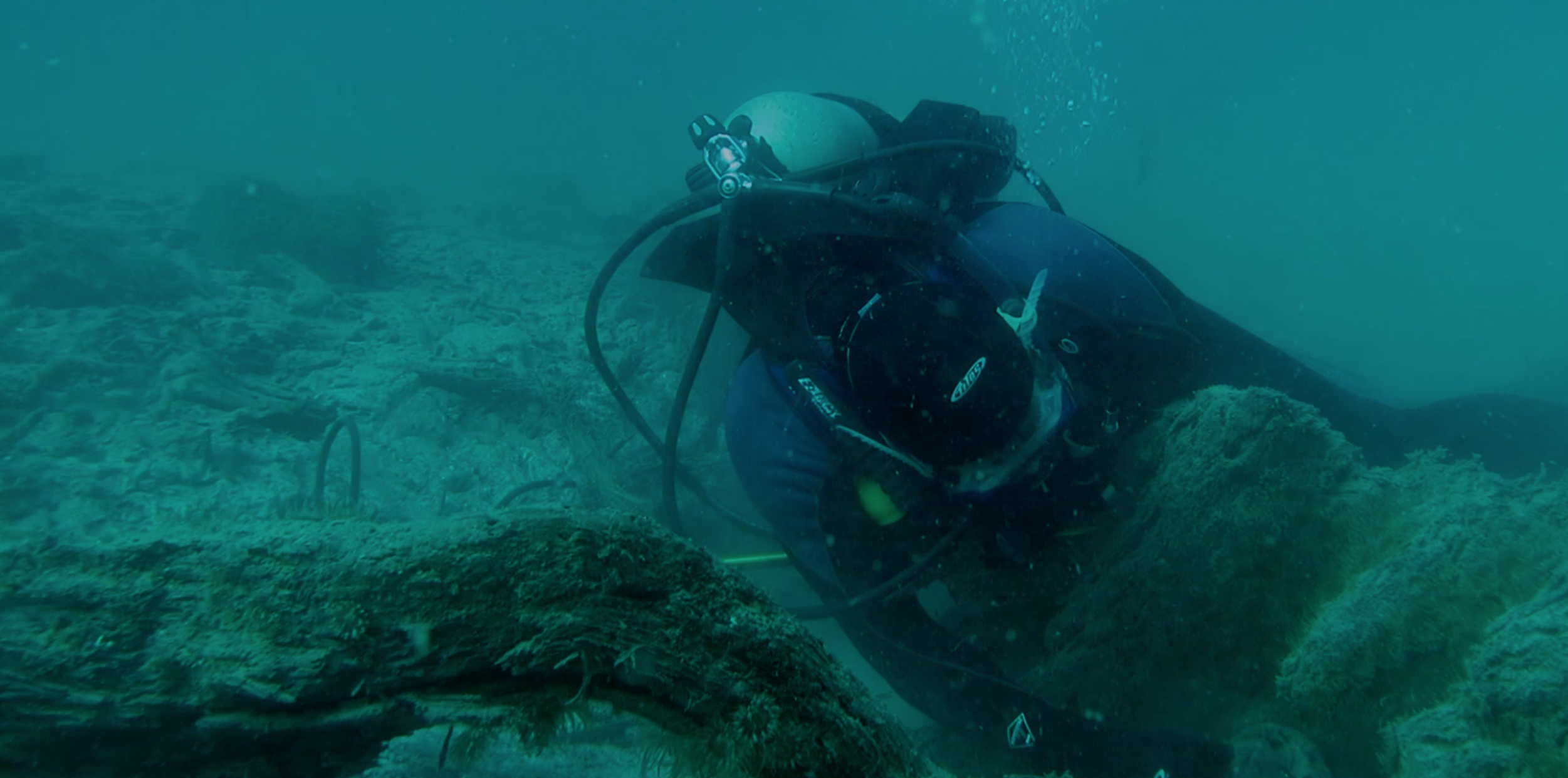
Dr. Martin Becker, a paleontologist from William Paterson University in New Jersey, studies the Underwater Forest.
Too close for comfort
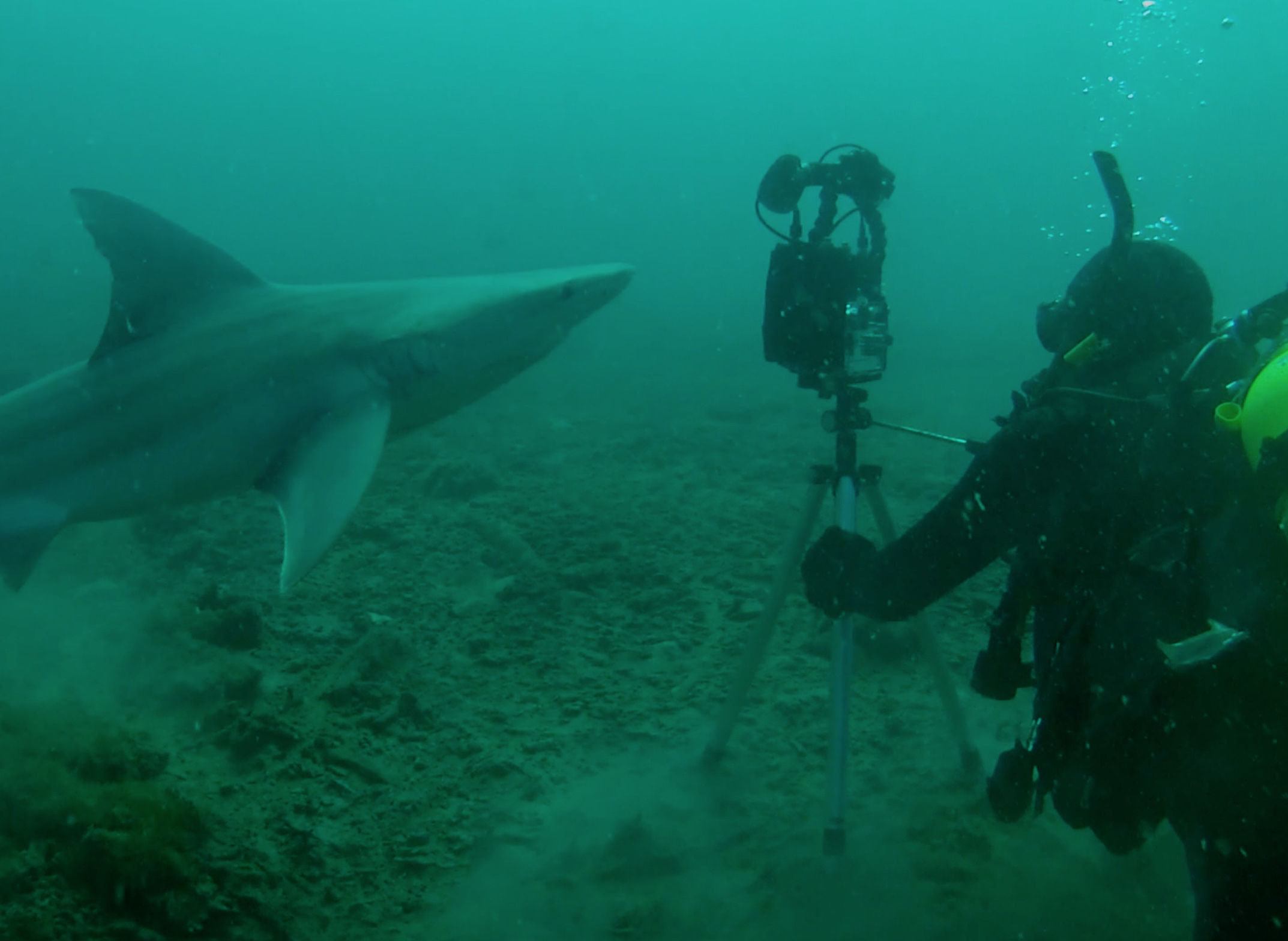
Filmmaker Ben Raines has a close call with a small but inquisitive sandbar shark while filming in the Underwater Forest.
Ancient fossils
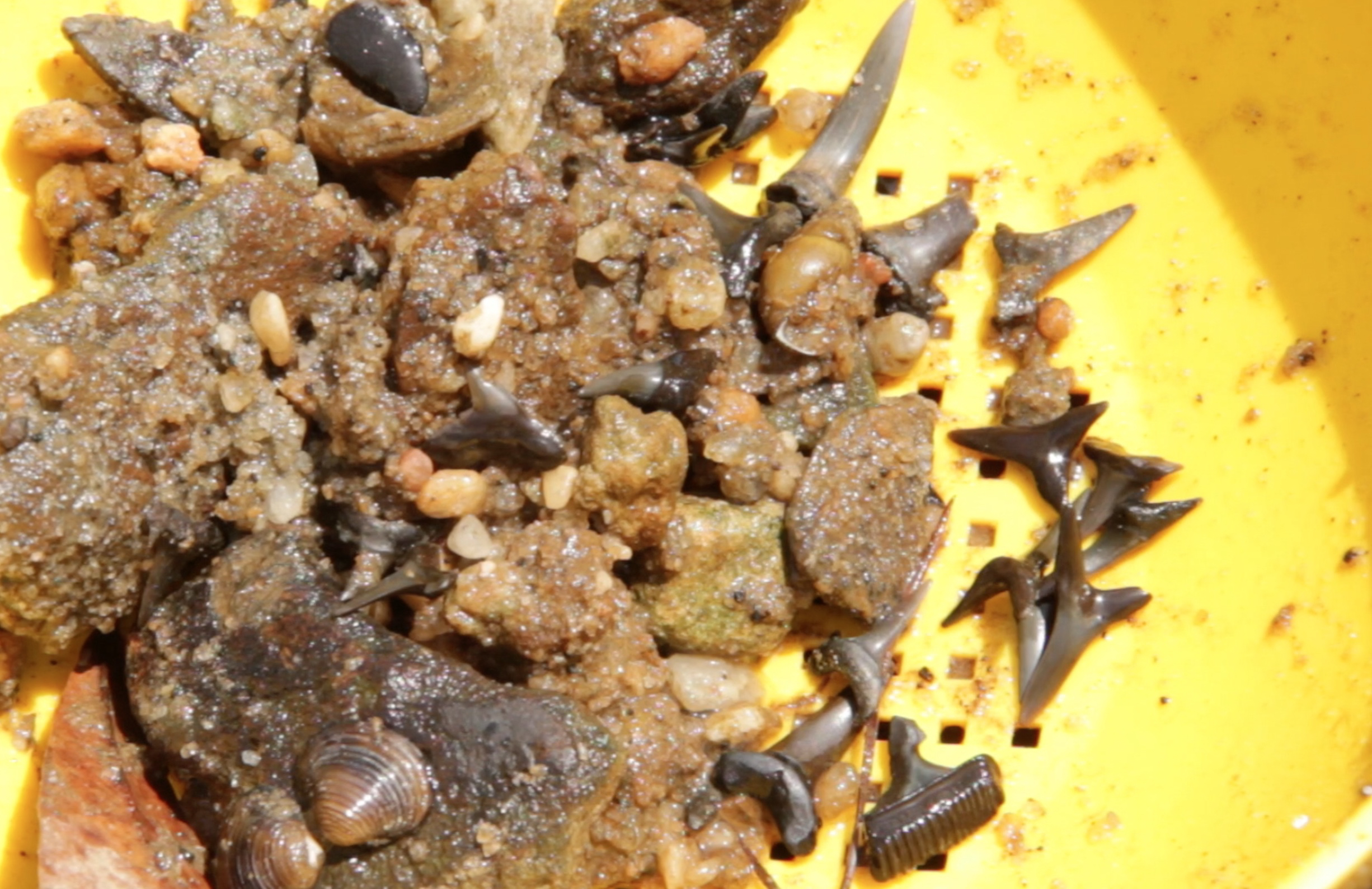
Fossilized sharks' teeth can be found by the hundreds in certain rivers in central Alabama, a hundred miles inland. The teeth were left behind from an era 100 million years ago, when a giant and ancient sea covered much of the United States.
Shark teeth
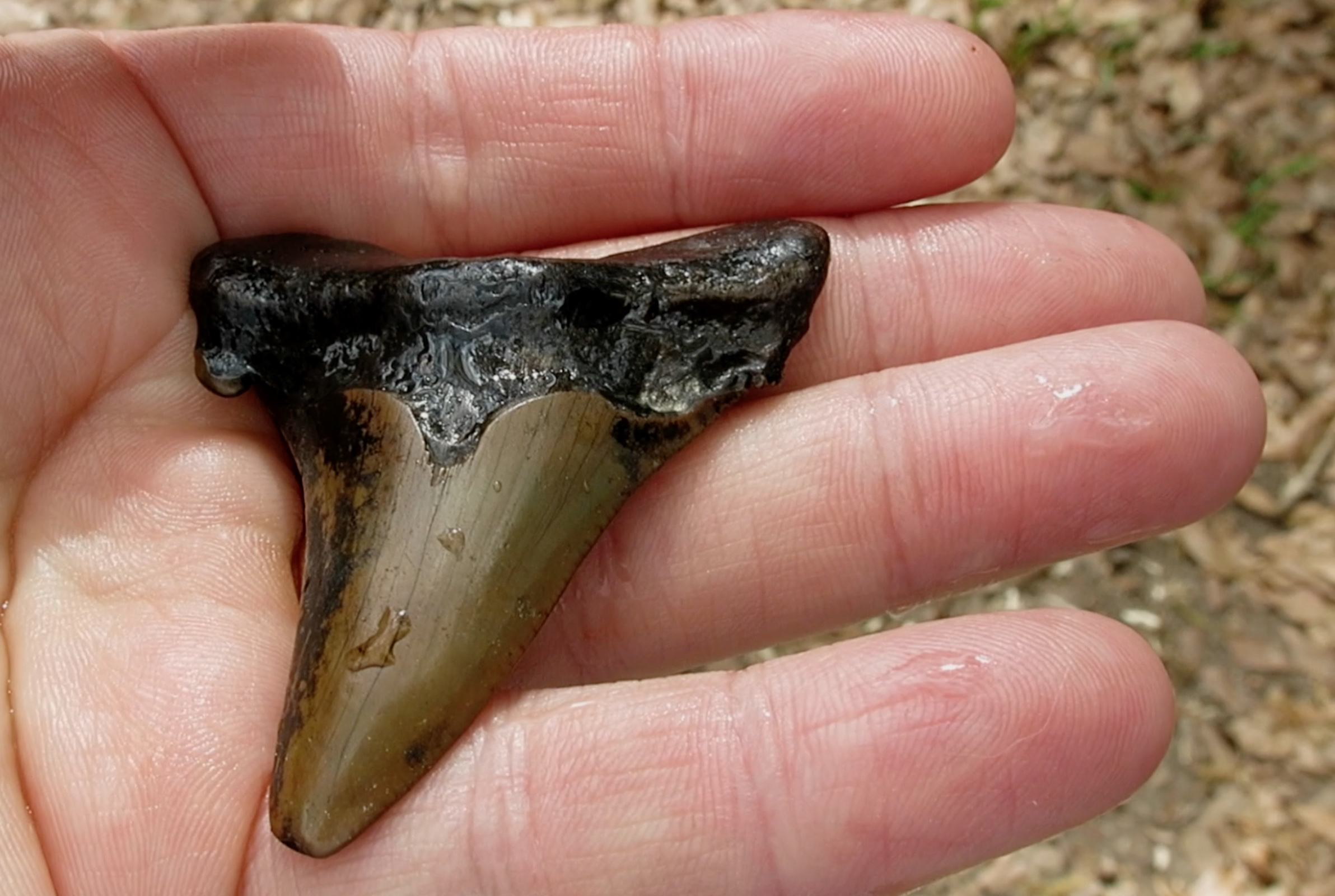
Fossilized sharks' teeth can be found by the hundreds in certain rivers in central Alabama, a hundred miles inland. The teeth were left behind from an era 100 million years ago, when a giant and ancient sea covered much of the United States.
Get the world’s most fascinating discoveries delivered straight to your inbox.
Ancient ice age
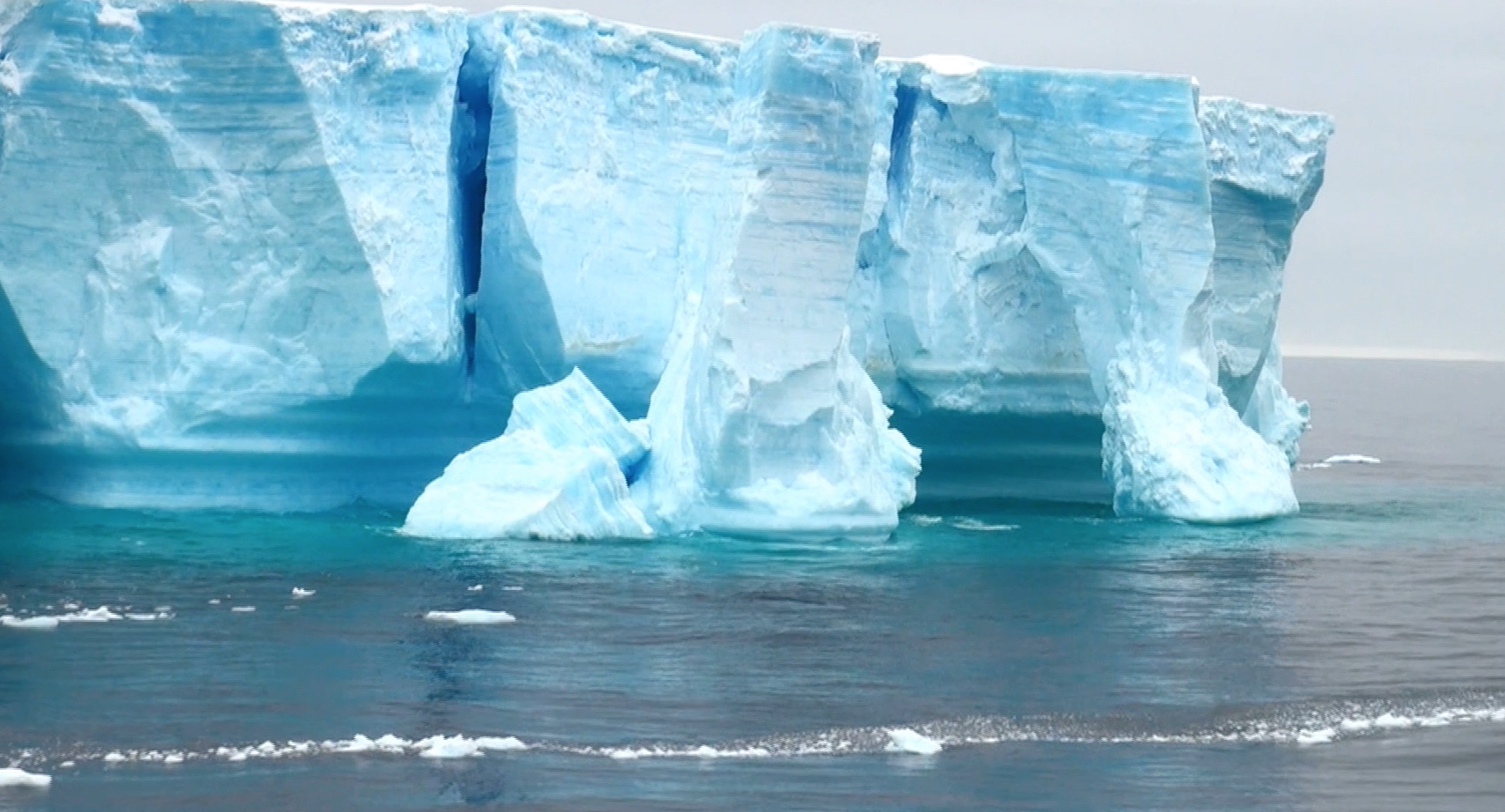
The Underwater Forest dates to an ice age 60,000 years ago, when much of the water on Earth was frozen in glaciers. Here, a glacier in modern times.
Shoreline changes
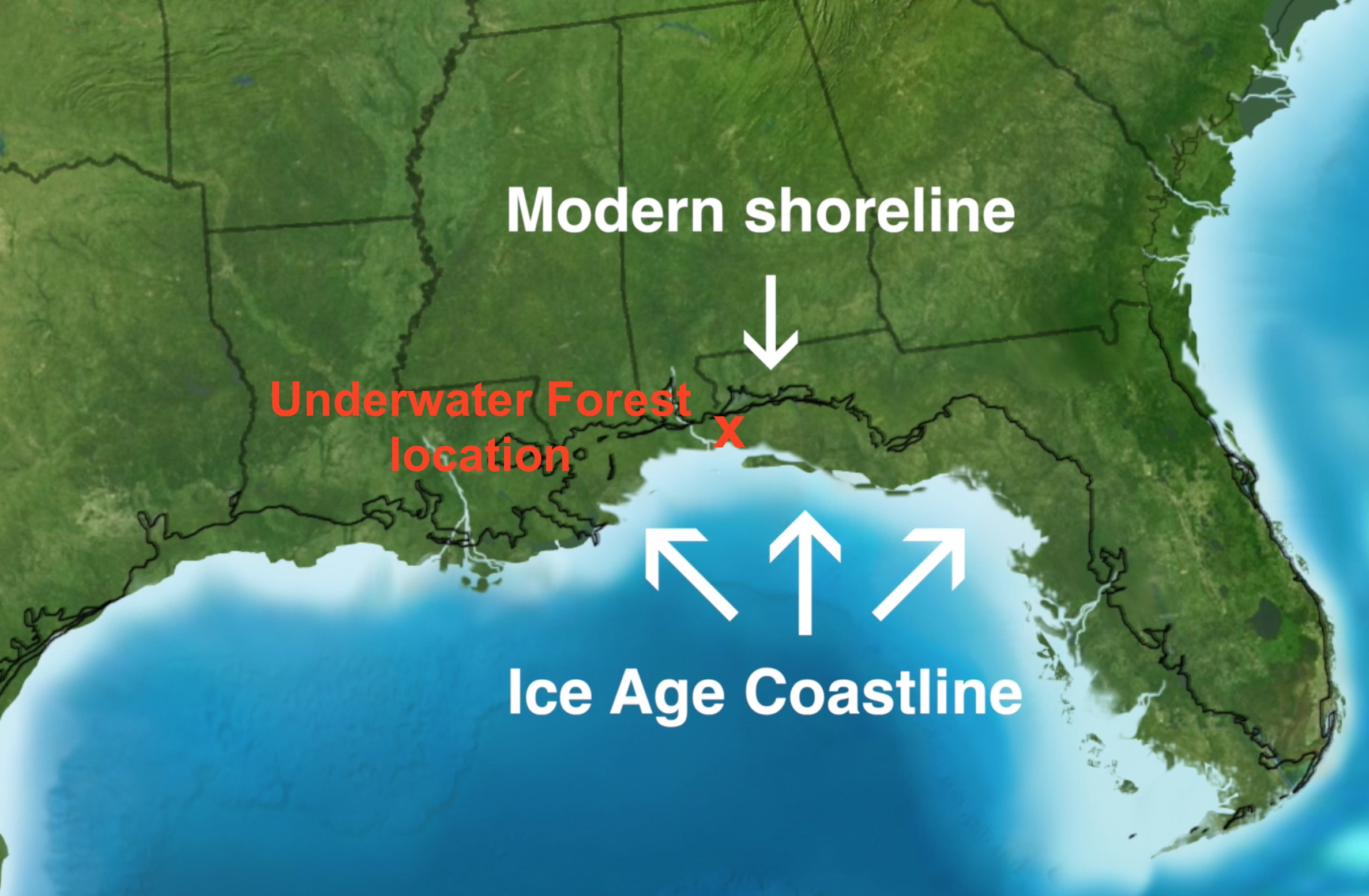
This image shows the Gulf shoreline during an ice age 60,000 years ago. You can see the ancient shoreline, the modern shoreline, and the spot where the forest was found.
Underwater forest
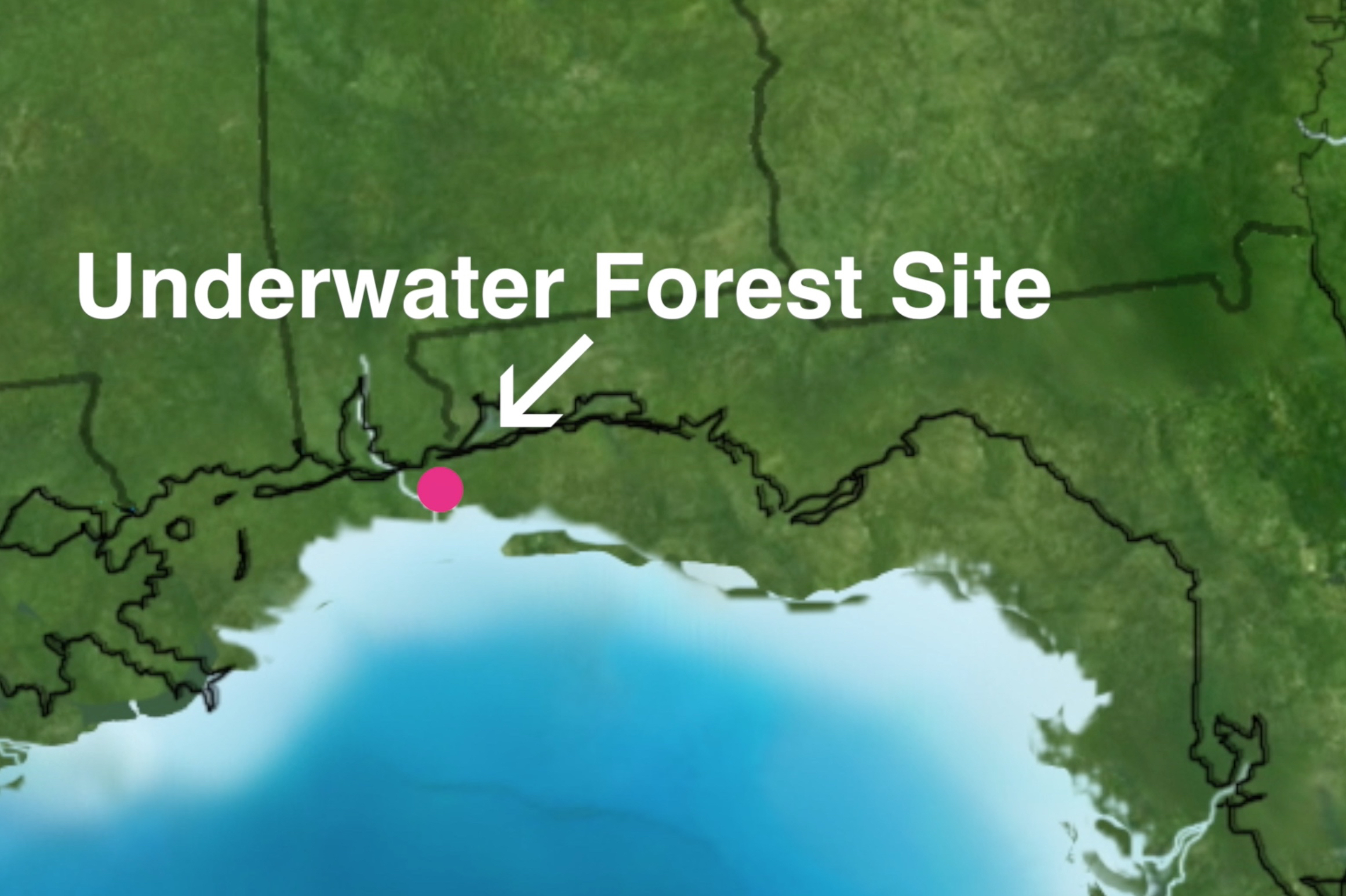
This image shows the Gulf shoreline during an ice age 60,000 years ago. You can see the ancient shoreline, the modern shoreline, and the spot where the forest was found.

Tia is the editor-in-chief (premium) and was formerly managing editor and senior writer for Live Science. Her work has appeared in Scientific American, Wired.com, Science News and other outlets. She holds a master's degree in bioengineering from the University of Washington, a graduate certificate in science writing from UC Santa Cruz and a bachelor's degree in mechanical engineering from the University of Texas at Austin. Tia was part of a team at the Milwaukee Journal Sentinel that published the Empty Cradles series on preterm births, which won multiple awards, including the 2012 Casey Medal for Meritorious Journalism.
 Live Science Plus
Live Science Plus










